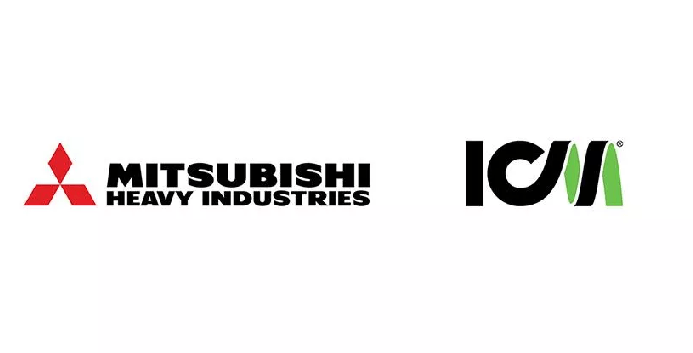Mitsubishi Heavy Industries, Ltd. (MHI), a global leader in engineering and technology, has entered into a strategic partnership with ICM, Inc., a leading U.S. provider of bioethanol process technology, to drive innovation in ethanol dehydration, according to the press release.
The alliance will integrate MHI’s Mitsubishi Membrane Dehydration System (MMDS™) with ICM’s bioethanol production process, aiming to boost efficiency, reduce energy consumption, enhance reliability, and support the industry’s transition toward lower carbon intensity.
At its Nagasaki Carbon Neutral Park, located within MHI’s Nagasaki District Research & Innovation Center, the company recently achieved over 99.5 vol.% ethanol purity using the MMDS™ in pilot testing. Early results have demonstrated substantial energy savings compared to traditional dehydration technologies. Both companies plan further testing and validation as they prepare for the next stages of development and eventual commercial rollout.
To ensure durability and seamless integration, MHI and ICM will conduct two major validation programs—a fouling test and a demonstration test. The fouling test will examine the membrane’s resistance to impurities and long-term stability, while the demonstration test will confirm large-scale performance and compatibility with ICM’s production systems.
Ethanol dehydration remains one of the most energy-demanding stages in bioethanol production. The MMDS™ replaces the conventional Pressure Swing Adsorption (PSA) method with a molecular sieve separation process, enabling high-efficiency ethanol production with lower energy use and operating costs. Because separation occurs in the liquid phase, the system is more compact and easier to install.
“Through this collaboration with MHI, we’re pursuing new methods to improve efficiency and reliability in ethanol production,” said Shaun Hubler, Director of Technology Commercialization at ICM. “The pilot results are encouraging, and we’re eager to advance toward full commercial implementation.”
“This partnership marks a key milestone in MHI’s pursuit of carbon-neutral industrial technologies,” added Fumitaka Miyashige, Business Manager of the MMDS™ project at MHI. “By working with ICM, we can bring this advanced separation technology to the global renewable fuels market.”
Further testing is set to begin in the second quarter of 2026, moving the technology closer to its first commercial deployment. Both companies view the alliance as a long-term collaboration to enhance the efficiency, sustainability, and competitiveness of the global bioethanol industry.

















